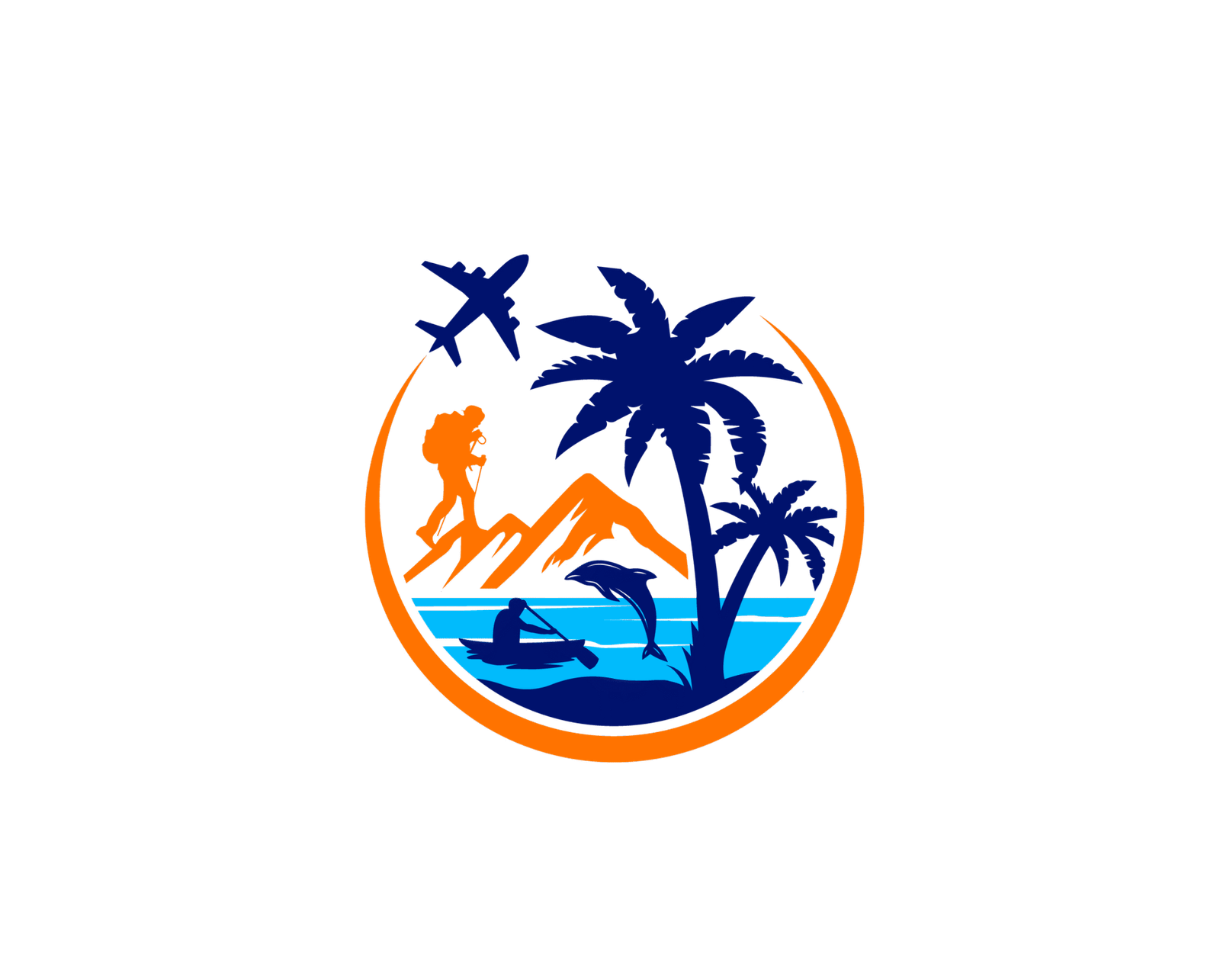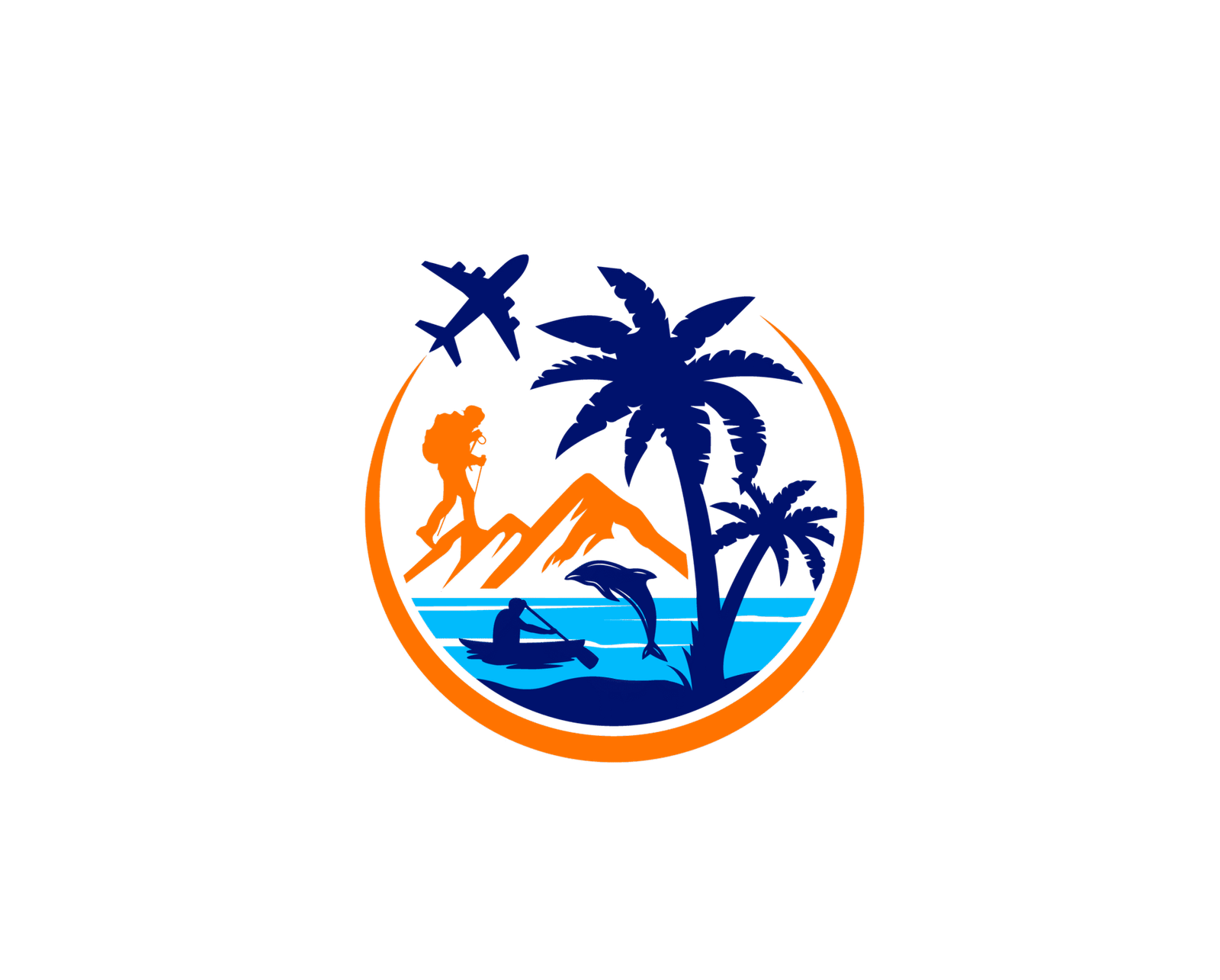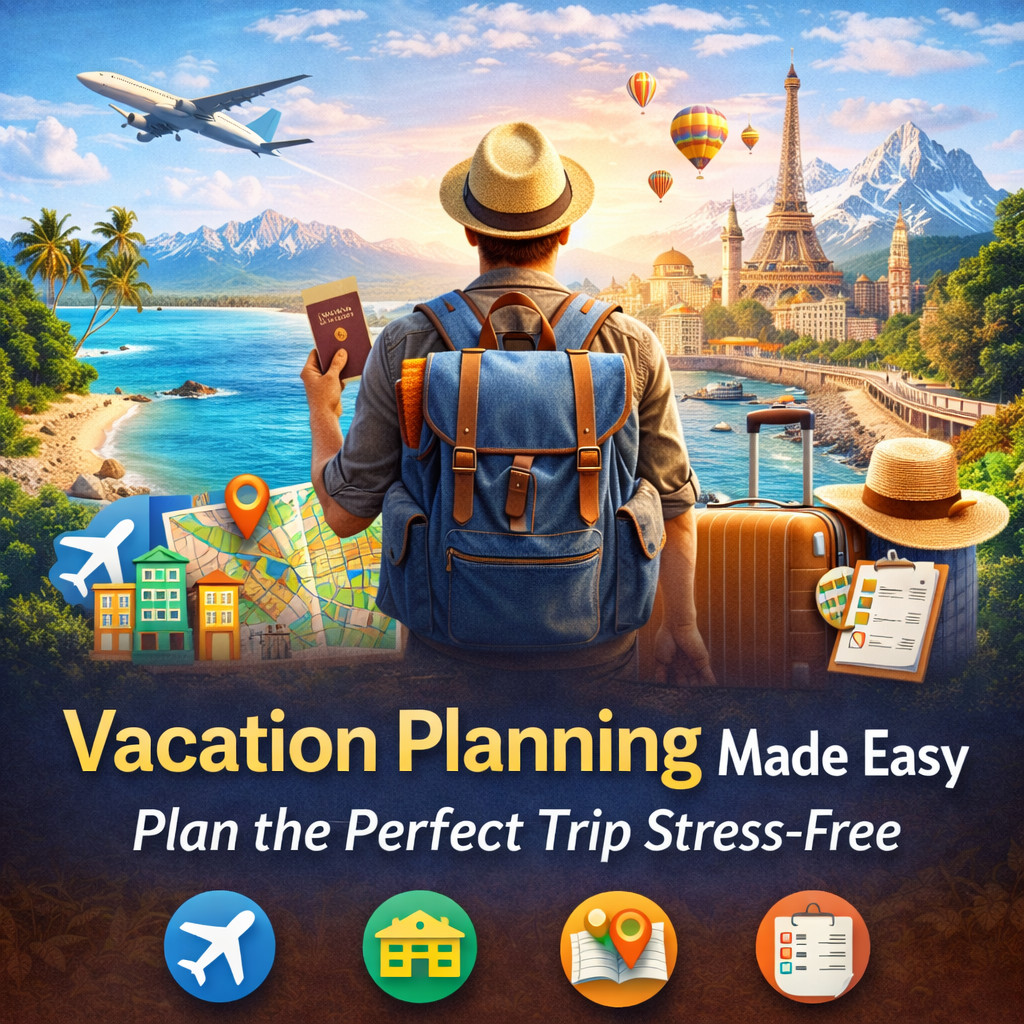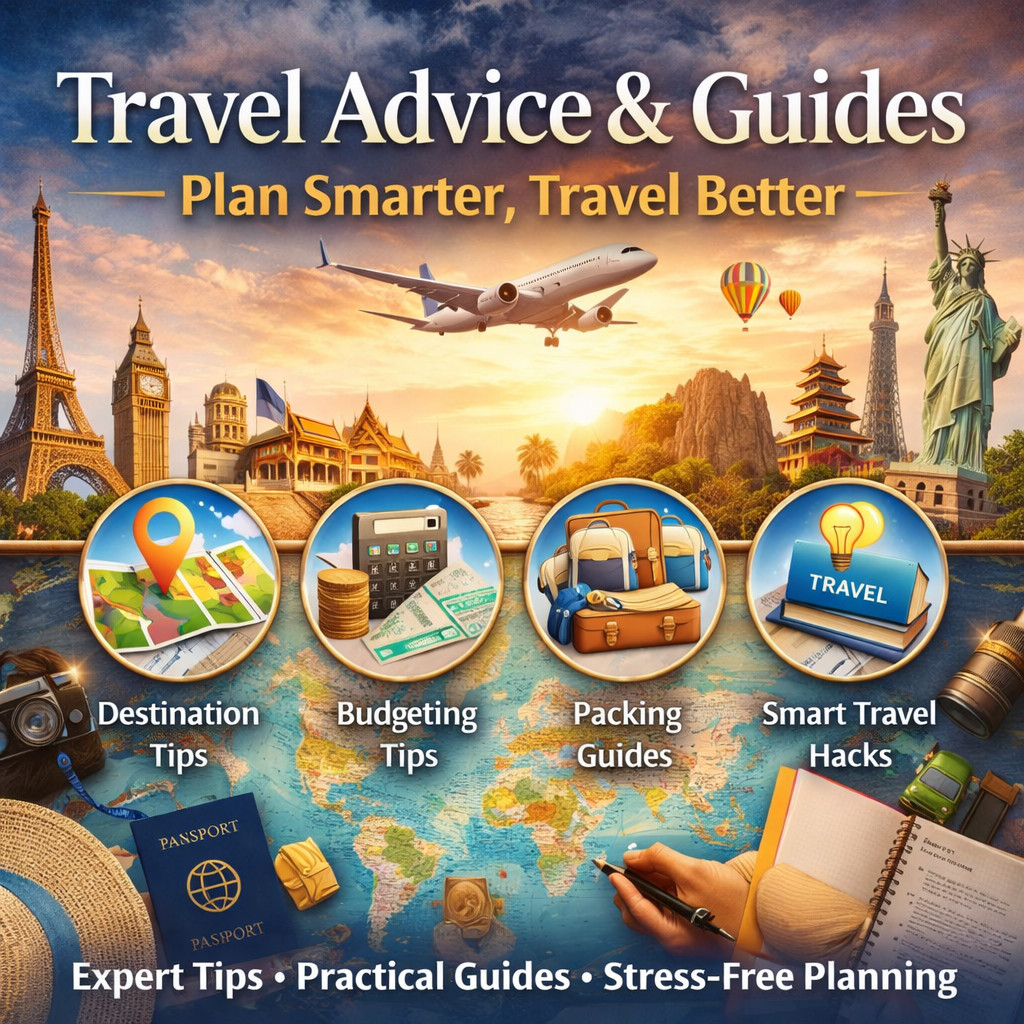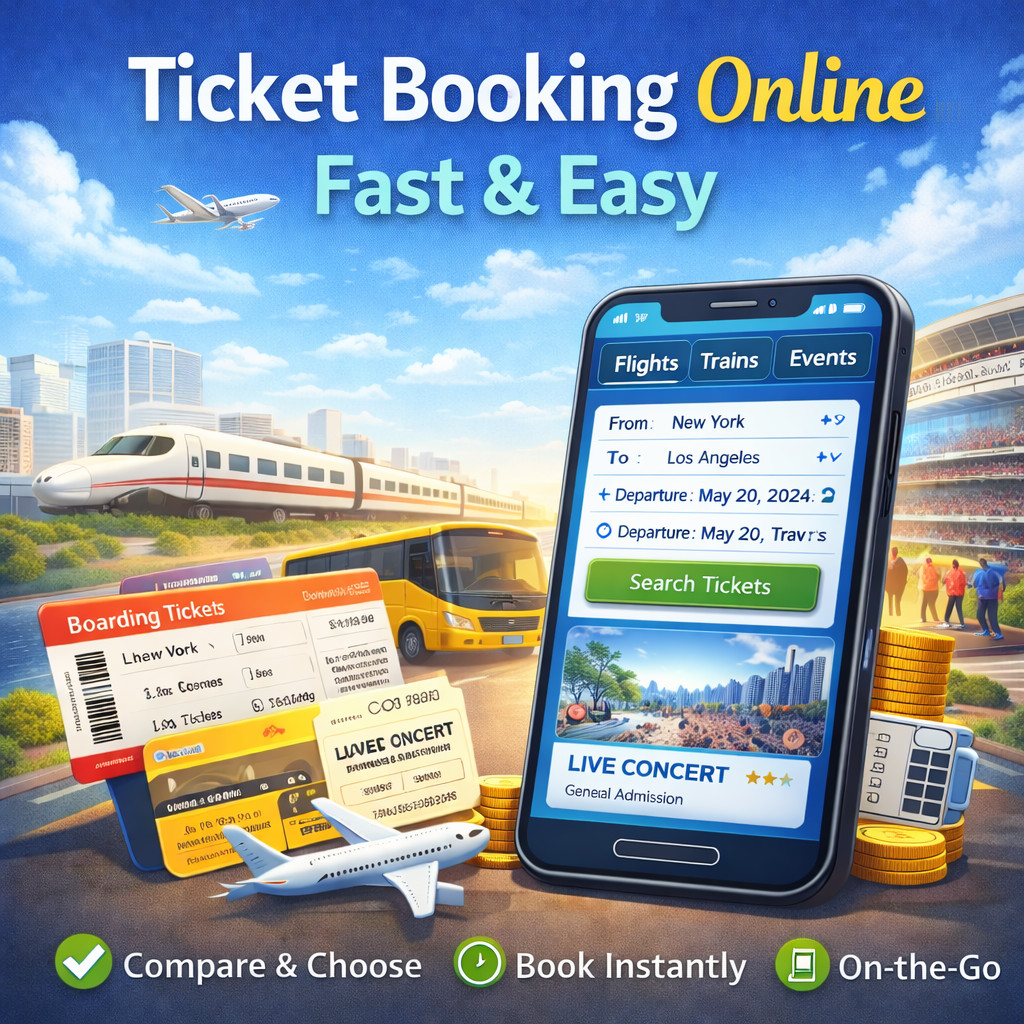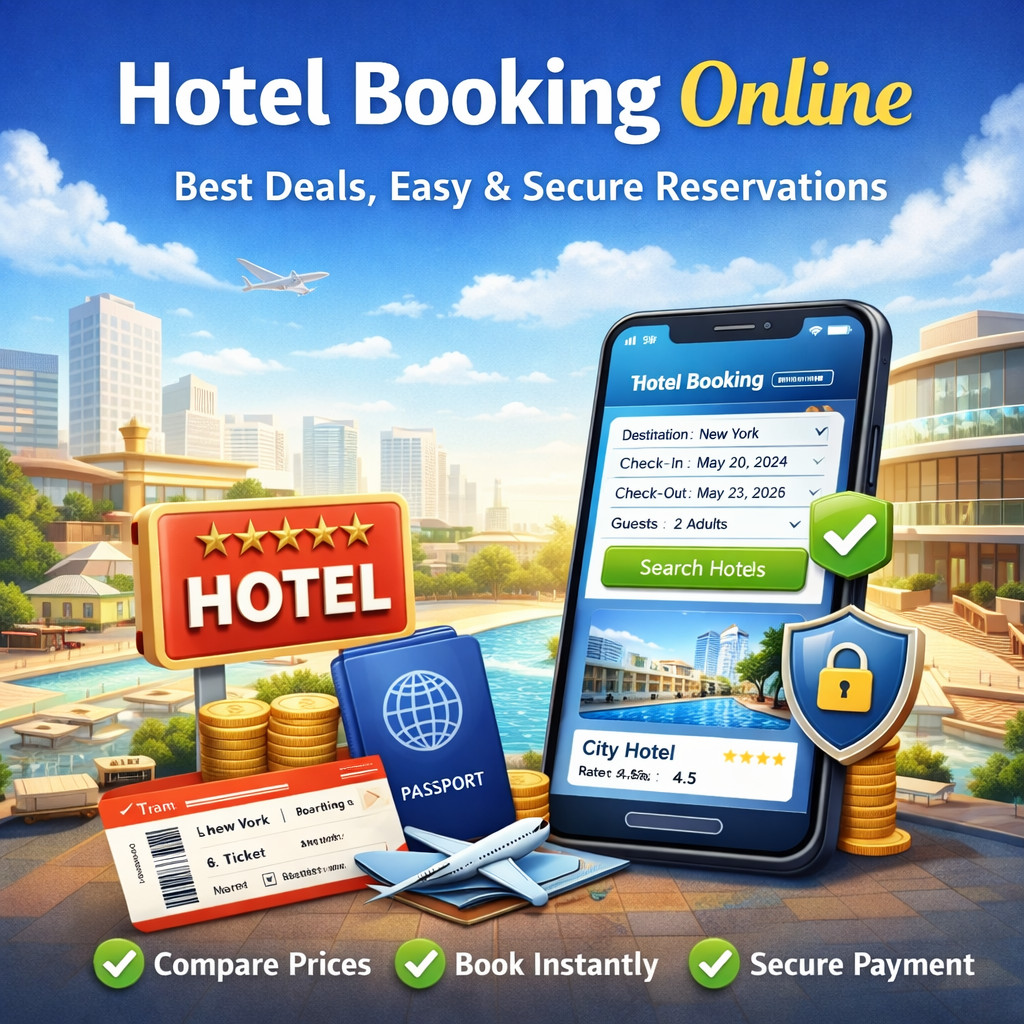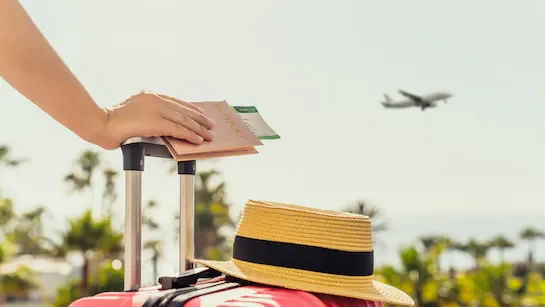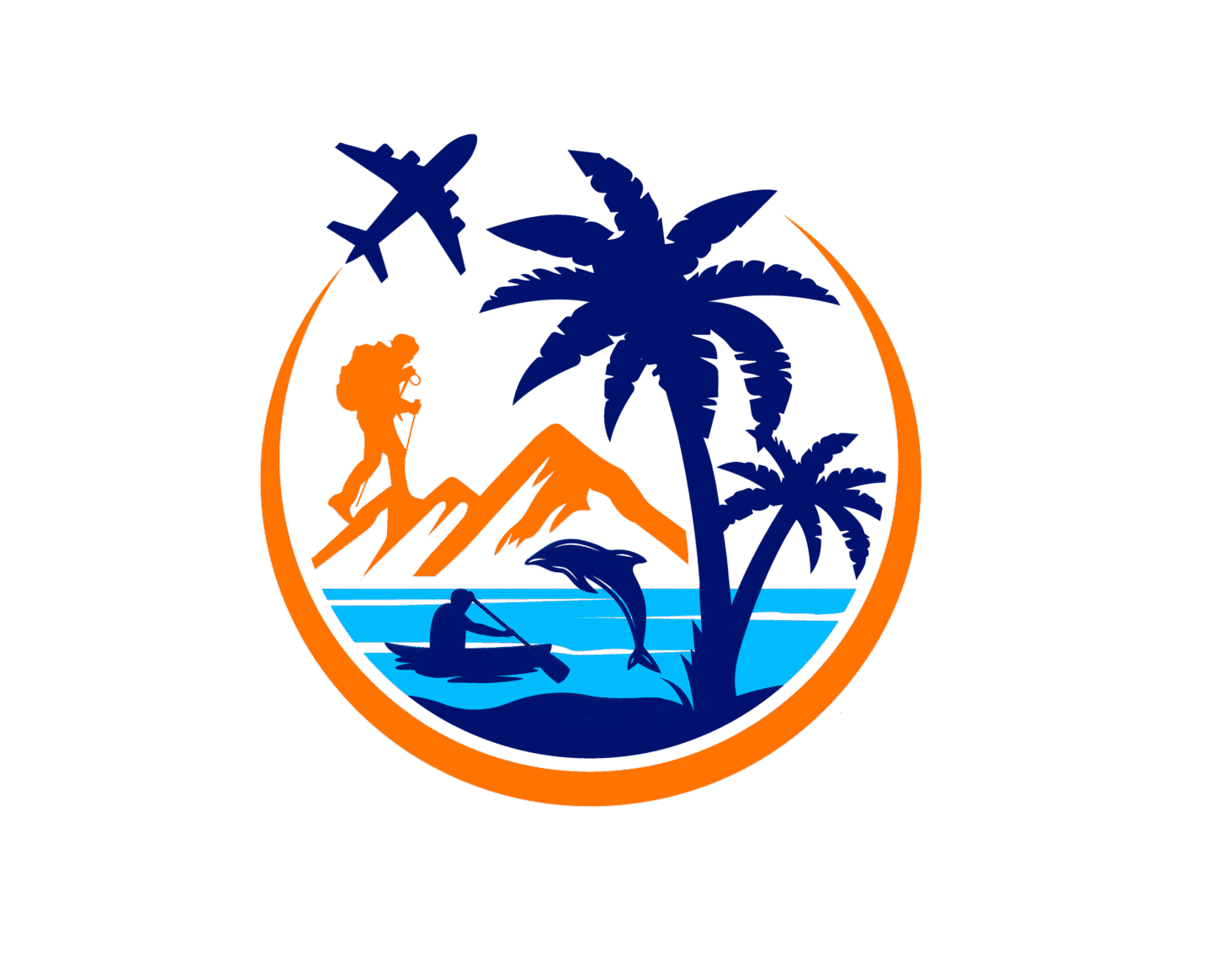Smart Travel Planning Tips: Make Every Trip Easier
Traveling can be exciting, but planning it all can sometimes feel stressful. Whether you’re going on a short weekend trip or a long vacation, a little smart planning can save you time, money, and headaches. Here are some simple travel tips to help make every trip easier and more enjoyable.
1. Make a Simple Plan
Start by making a basic plan. Write down the main places you want to visit and things you don’t want to miss. But don’t plan every minute. Leave some time for surprises or changes.
Tip: Use Google Maps to see what’s near each place, so you don’t waste time traveling back and forth.
2. Use Helpful Apps
Your phone can help you plan almost everything:
-
Flights: Use apps like Hopper or Skyscanner to find cheap tickets.
-
Places to Stay: Try Airbnb, Booking.com, or Hostelworld to book your room.
-
Getting Around: Google Maps, Rome2Rio, or Uber can show you how to get from place to place.
Extra Help: Apps like TripIt or Wanderlog keep all your bookings in one place.
3. Pack Smart and Light
Don’t overpack! Take clothes you can mix and match. Check the weather before you pack, and only bring what you really need.
-
Use packing cubes to keep things neat.
-
Follow airport rules for liquids.
-
Don’t forget a charger, adapter, and copies of your ID or passport.
4. Set a Budget
Before you book anything, decide how much you want to spend. Think about:
Easy Tips for Booking Flights
Booking flights can feel confusing, but it doesn’t have to be! With a few simple tricks, you can save money and make your trip a lot easier. Here’s what to know when planning your flight:
1. Book at the Right Time
It’s usually cheaper to book your flight a few months before your trip.
-
For short (domestic) trips: book 1–3 months early
-
For international trips: book 2–6 months early
Tip: Flying on Tuesdays or Wednesdays can be cheaper than weekends.
2. Use Apps to Find Cheap Flights
Don’t check each airline one by one. Use apps or websites that compare prices from many airlines at once:
-
Skyscanner – Great for finding cheap months to travel
-
Google Flights – Easy to use and shows you price trends
-
Hopper – Tells you whether to book now or wait
-
Kayak – Compares flights from different websites
You can also set price alerts so the app tells you when prices go down.
3. Be Flexible
If you can be flexible with your travel dates, you can save money. Try checking:
-
Different days (leaving 1–2 days earlier or later)
-
Nearby airports (sometimes flying to a different city nearby is cheaper)
Example: Flying into a smaller airport near your destination might cost less than a big one.
4. Try Budget Airlines
Low-cost airlines can be a good way to save money—especially for short flights.
Some popular ones:
-
Europe: Ryanair, easyJet
-
Asia: AirAsia, Scoot
-
USA: Southwest, Spirit, Frontier
Just be careful! Budget airlines often charge extra for bags, picking seats, or food on the plane.
5. Compare Round-Trip and One-Way Flights
Sometimes booking two one-way flights (even with different airlines) is cheaper than buying a round-trip ticket. Always check both options.
6. Use Private Browsing (Incognito Mode)
When you search for flights many times, some websites may show higher prices. To avoid this, open a private or incognito window in your browser.
7. Check What’s Included
Before you buy your ticket, check:
-
Does it include a carry-on or checked bag?
-
What are the baggage weight limits?
-
Are there extra fees for seats, meals, or check-in?
Some cheap flights look good at first, but cost more after you add bags and extras.
8. Sign Up for Flight Deals
Some websites and airlines send out special deals and discount alerts if you sign up with your email.
Try:
-
Going.com (formerly Scott’s Cheap Flights)
-
Secret Flying
-
Airfarewatchdog
Quick Flight Booking Checklist
Before you book a flight, make sure you:
-
Compared prices on Skyscanner or Google Flights
-
Checked if one-way is cheaper than round-trip
-
Know what’s included (bags, seats, etc.)
-
Looked at flight times (early flights are often cheaper)
-
Used incognito mode to search
-
Set a price alert if you’re not ready to book yet
Booking flights doesn’t have to be hard. With these easy steps, you’ll find the right flight for the right price—and start your trip off stress-free!
-
-
Is the price right for your budget?
-
Is the location safe and close to where you want to go?
-
Are the reviews good (7.5 or higher)?
-
Does it have the things you need (Wi-Fi, bathroom, A/C)?
-
Is it quiet, or is it social (depending on what you like)?
Hotels or Hostels – How to Choose the Right Place to Stay
When you’re traveling, where you sleep is very important. A good place to stay can help you feel safe, rested, and ready to explore. There are many options—hotels, hostels, apartments, or guesthouses. But how do you know which one is right for you?
Let’s make it simple.
1. What’s the Difference?
Hotel:
-
You get your own room and bathroom
-
More private and comfortable
-
Usually includes towels, soap, and cleaning
-
Great for families, couples, or anyone who wants quiet and privacy
Hostel:
-
Usually cheaper
-
You might share a room with other travelers (called a dorm)
-
Bathrooms may also be shared
-
Fun for solo travelers and people who want to meet new friends
-
Many hostels also have private rooms if you want more space
Tip: Hostels today are clean and friendly—many are just as nice as hotels!
2. Decide Your Budget
Before you book, think about how much money you want to spend each night.
Prices can change based on:
-
The city or country
-
How close the place is to popular areas
-
Whether you choose a shared or private room
Use apps or websites like:
-
Booking.com – shows both hotels and hostels
-
Hostelworld – great for finding hostels
-
Airbnb – rent a room, apartment, or whole house
-
Agoda – good deals, especially in Asia
3. Check the Location
A cheap place far away might cost more in time and transport.
Try to:
-
Stay close to city centers, buses, or train stations
-
Make sure the area is safe
-
Use Google Maps to see what’s nearby (shops, food, sights)
4. Read Reviews First
Always read what other people say about the place.
Look for:
-
Clean rooms and bathrooms
-
Friendly staff
-
Quiet or noisy area
-
If it’s safe at night
A score of 7.5 or higher is usually a good sign!
5. What Do You Need?
Think about what’s important to you. Check if the place offers:
-
Free Wi-Fi
-
Air conditioning or heating
-
Private bathroom
-
Lockers (for hostels)
-
Kitchen (so you can cook and save money)
Also, check if they allow late check-in if you’re arriving at night.
6. Want to Meet People?
If you like meeting other travelers, choose a place with:
-
A common area or lounge
-
Free breakfast or group activities
-
A shared kitchen or dining area
Hostels are great for this—many have game nights or city tours!
-
Food
-
Tickets for activities or tours
-
Extra costs (like souvenirs or tips)
Apps like TravelSpend or Trail Wallet help you track your spending during the trip.
5. Learn a Little About the Place
It’s always a good idea to learn a few words in the local language and understand the local customs. That way, you’ll feel more comfortable and show respect to the people there.
Also, check travel safety info online and find out if you need vaccines or travel insurance.
6. Stay Connected
If you need the internet while traveling, plan ahead:
-
Get a local SIM card or international plan.
-
Download offline maps and translation apps.
-
Save important documents and entertainment before your trip.
7. Don’t Forget the Basics
Sometimes it’s the small things that make a big difference:
-
Get travel insurance in case of sickness or emergencies.
-
Carry a bit of cash and a backup credit card.
-
Bring your medicine and a small first-aid kit.
-
Keep a copy of your passport, both printed and saved on your phone.
8. Travel in a Green Way
Traveling smart also means being kind to the planet:
-
Use buses or trains instead of taxis when you can.
-
Bring a reusable water bottle and bag.
Stay at eco-friendly hotels if possible.
FAQs
1. How early should I start planning my trip?
It’s best to start planning at least 2 to 3 months before your trip. This gives you time to find good deals on flights and hotels and sort out your itinerary without stress.
2. What’s the easiest way to keep track of all my bookings?
Use travel apps like TripIt or Wanderlog. They collect all your flight, hotel, and activity bookings in one place, so you don’t have to search through emails.
3. How can I save money on flights?
Try to book flights early, use price comparison apps like Skyscanner, be flexible with your dates, and consider flying on weekdays like Tuesday or Wednesday.
4. Should I pack everything I might need just in case?
No! Packing light is smarter. Bring only what you’ll really use. Choose clothes you can mix and match, and check the weather before you pack.
5. How do I choose between a hotel and a hostel?
Hotels offer more privacy and comfort, perfect for families or couples. Hostels are cheaper and great for meeting other travelers, especially if you’re on a budget or traveling alone.
6. How do I stay safe while traveling?
Research your destination’s safety tips, keep your belongings close, avoid risky areas, and always have emergency contact info saved. Travel insurance is also a good idea.
7. What apps are best for planning a trip?
Some great apps are:
-
Google Maps (for navigation)
-
Skyscanner (flights)
-
Booking.com or Airbnb (accommodation)
-
TripIt (organize bookings)
-
Rome2Rio (transportation options)
8. How do I stay connected to the internet abroad?
Buy a local SIM card, get an international data plan, or download offline maps and apps before you go.
9. What if my flight or hotel booking changes last minute?
Always double-check your bookings before traveling. Use apps with real-time updates. If changes happen, contact your airline or hotel right away for alternatives.
10. How can I make my travel more eco-friendly?
Use public transport or walk when you can, bring reusable water bottles, and choose eco-friendly hotels. Little actions add up!
Final Thoughts
Good travel planning doesn’t have to be hard. By using simple tools, packing smart, and being flexible, you can enjoy your trip without stress. Every trip becomes easier—and more fun—when you’re ready for it.
So go ahead—plan smart, pack light, and enjoy the journey. Safe travels!
want to read more visit our website
Big Shoutout to the guys who made this blog happen UDM.
